2024 NFL Draft prospect rankings: CBs
theScore's prospect rankings series takes a position-by-position look at the top players in the 2024 NFL Draft.
Top 50
QB | RB | WR | TE | OL
ED | DL | LB | CB | SAF
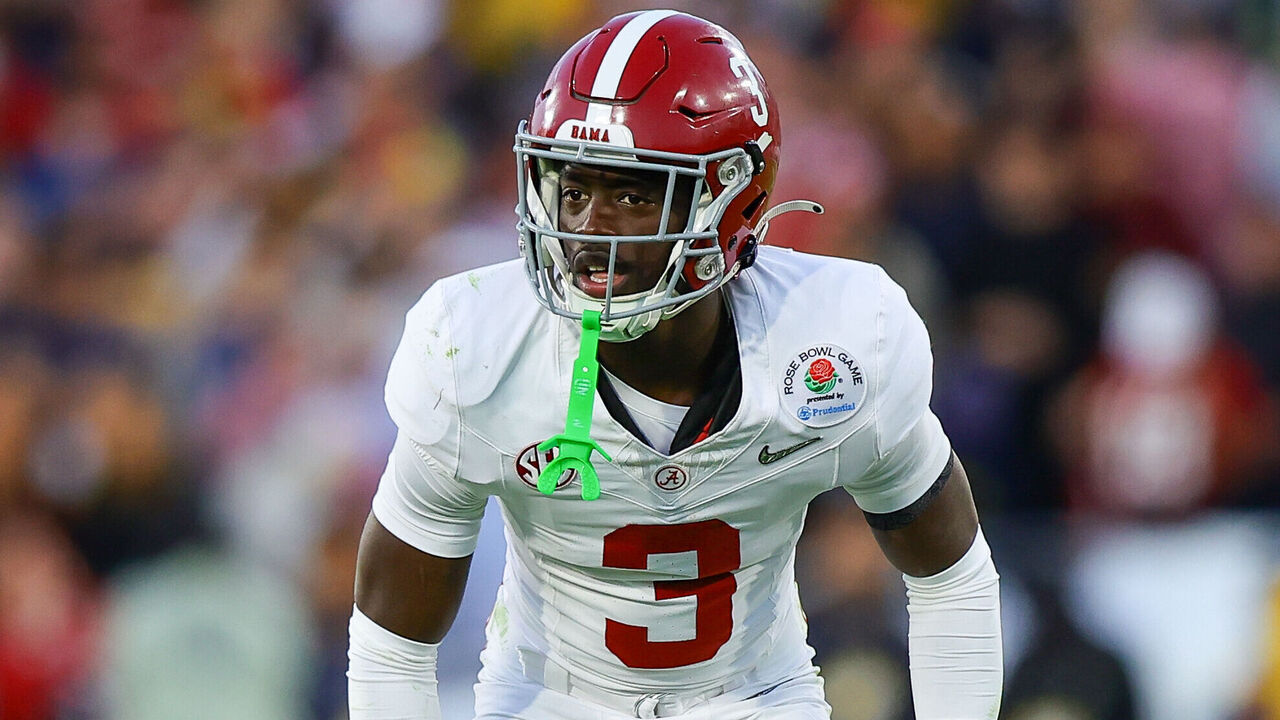
Arnold moves really well, consistently challenges the catch point, and brings a confident demeanor to every snap. His technique isn't perfect due to his indecisive feet and eyes when mirroring receivers, but he can flip his hips and line up with opponents to keep him in phase on most plays. While Arnold could stand to close distances quicker when playing off-the-ball man coverage, his tackling proficiency and willingness to challenge passes prevent that from being a big hole in his game. He's a capable tackler, can play outside or in the slot, and performs faster than he tested at the combine. Getting extra reps against NFL receivers should help Arnold clean up some areas he could improve. However, he's already a capable and impressive corner who will boost any secondary he joins.
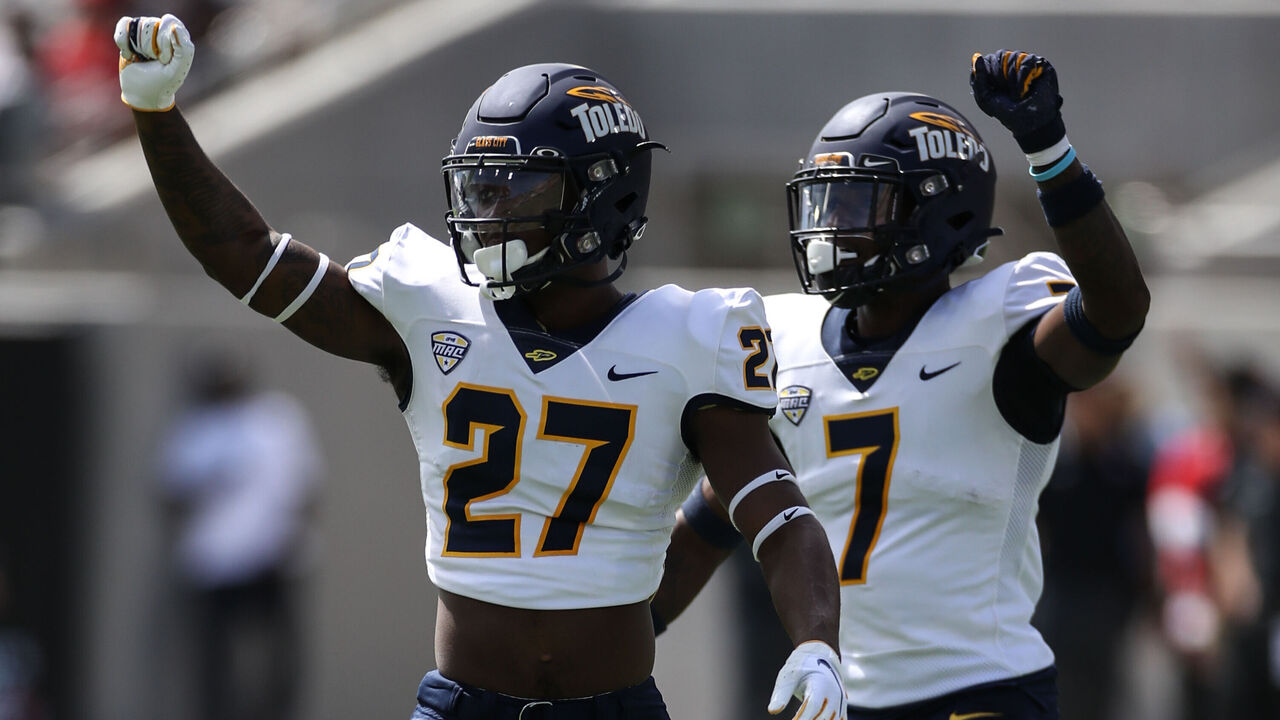
It's rare for a Group of 5 player to be near the top of positional rankings, but Mitchell is special. He brings unparalleled competitive fire to each snap, using his elite athleticism to match up with receivers at all three levels. Mitchell is capable in man and zone, though he could improve his leverage when matched one-on-one. He also needs to hone his anticipatory skills as he can occasionally be a half step behind when matching up with routes. However, Mitchell's speed and ability to claw at receivers' hands help make up for those minor delays. Despite needing a bit of coaching and time to level up his game, the former Rocket has arguably the highest ceiling of any corner in this year's draft.
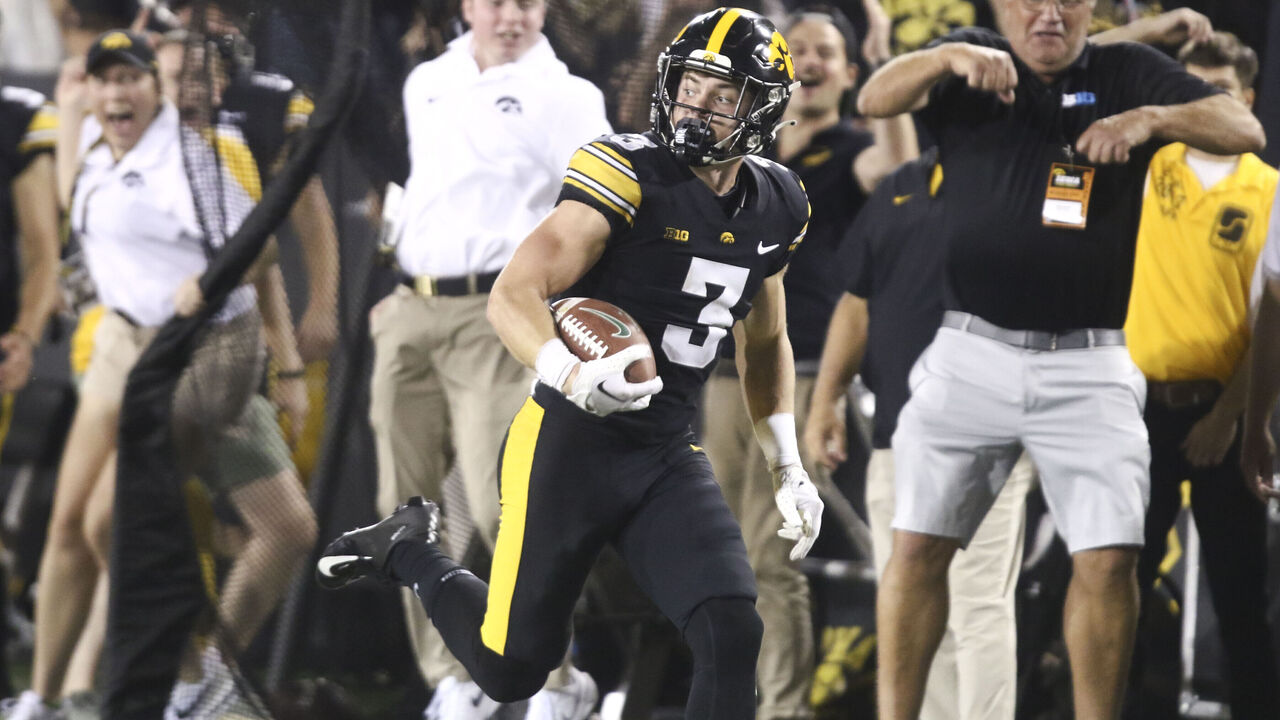
DeJean is a solid athlete with good coverage skills. His hip tightness could limit his man coverage matchups at the next level, but the former Hawkeye is a great zone cover man who should match up with just about anyone. DeJean's athletic traits pop when he's in space, especially when he's closing in on throws and ball carriers. The 21-year-old brings safety-like tackling capabilities and the mentality to match. He also provides immediate special teams value as a returner. DeJean didn't face the most impressive offenses in 2023, but he was excellent against all of them and projects as an early starter in the NFL.
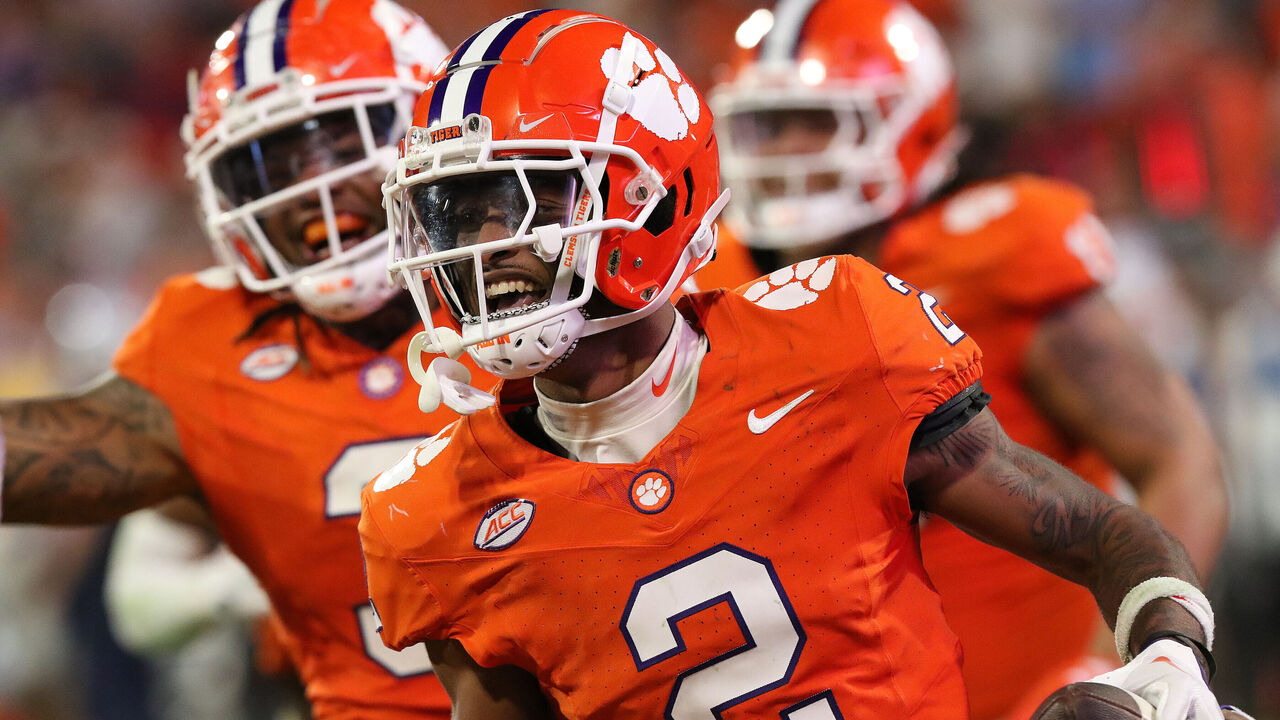
Fluidity and athleticism are Wiggins' calling cards. He ran a blazing 40-yard dash at the combine, and his play speed matches the testing results, easily keeping pace with his assignments. Wiggins gives up more space than necessary when playing man coverage off the ball and doesn't flip his hips early enough when turning to run with receivers. Instead, he relies on his elite speed. Coaching should help shore up those weaknesses, but he'll likely remain a tackling liability thanks to his weight. Wiggins' height will be another asset in his tool kit in the pros, allowing him to match up with all kinds of receivers from Day 1.
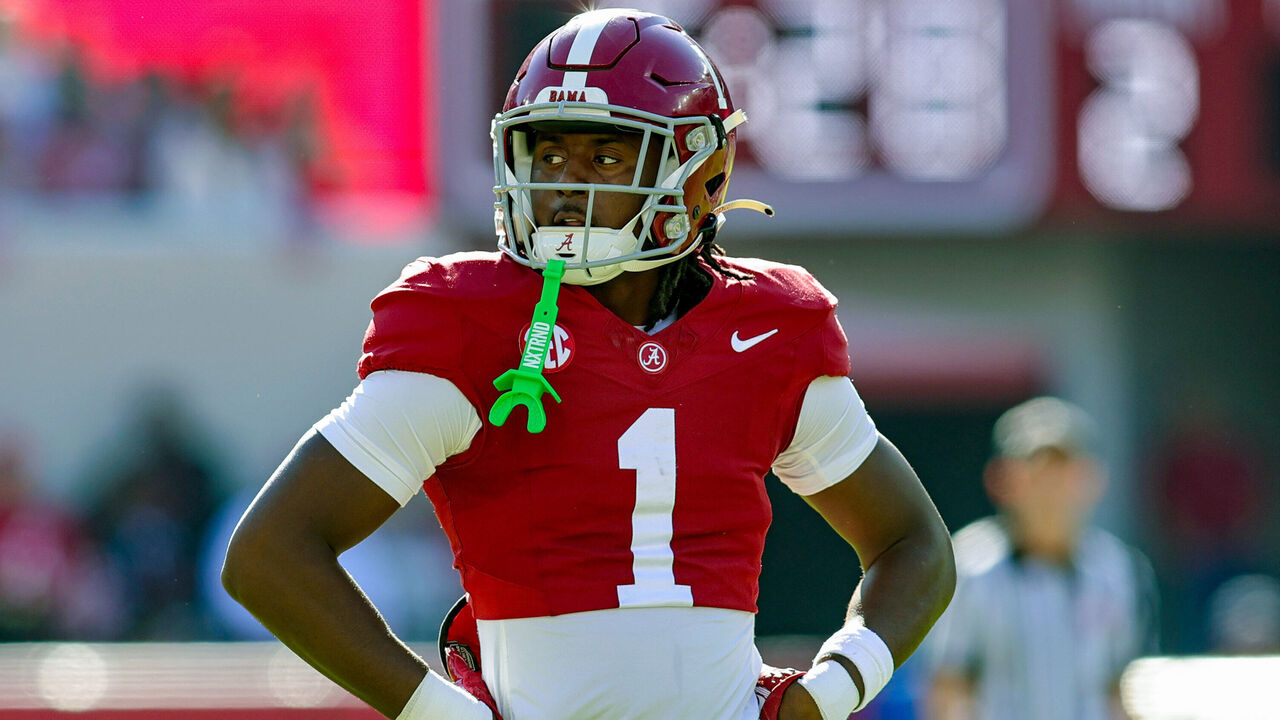
McKinstry is a smart player with smooth movements and impressive awareness. He doesn't look particularly fast, but his short-area burst is impressive to close on receivers. The 21-year-old plays with great patience, staying with opposing pass-catchers and switching off other targets to teammates. If paired with his ability to play off the ball or in press, McKinstry's balance and poise should allow him to compete for starting snaps early. To elevate his game to another level, McKinstry needs to improve his effort as a backside defender and against the run.
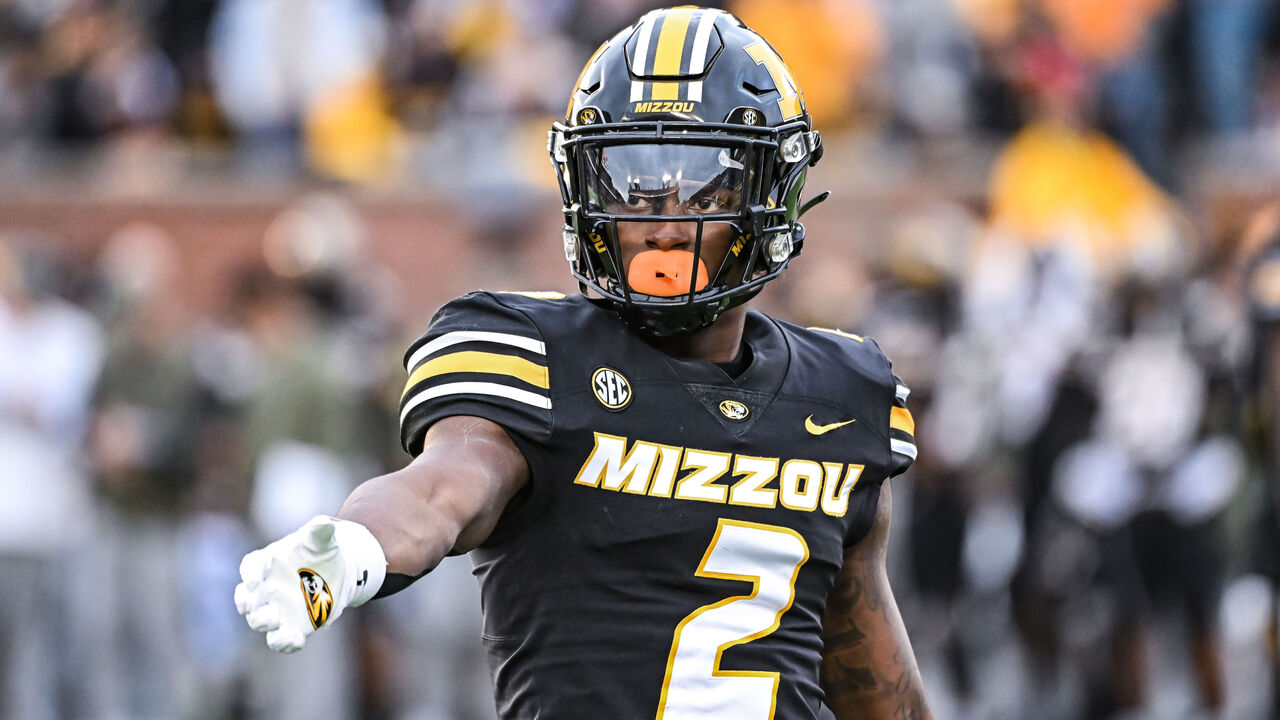
Body control and smart adjustments are Rakestraw's highlights. He's rarely caught out of position and communicates with teammates to help them stay with receivers. Rakestraw's top-end speed isn't fantastic, but his technique and short-area quickness prevent him from getting left behind. He's aggressive when the ball is in the air, attacking a pass-catcher's hands and arms to stop receptions. That aggressiveness translates to other parts of Rakestraw's game, including his ability to shed blocks and contribute as a run defender. He needs to learn how to avoid getting flagged for his aggressive downfield coverage, but he should start sooner rather than later.
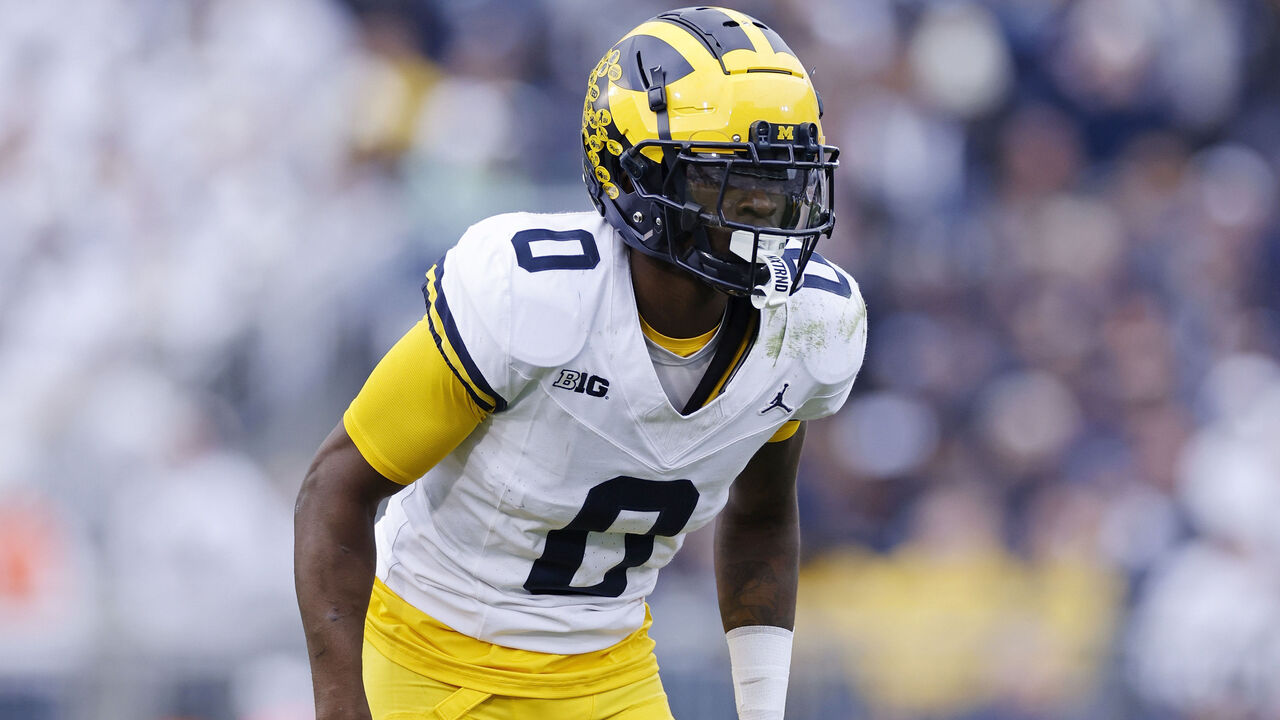
Based on his style, you wouldn't know that Sainristil is on the smaller end of corners. The 23-year-old plays with a lot of physicality in coverage and the run game, though his size sometimes forces him into ankle tackles. A former wide receiver, Sainristil's ball skills shine. He recorded six interceptions in 2023 on the back of elite explosiveness, returning two for touchdowns. Sainristil's technique getting into coverage is inconsistent and loose, but he moves well and should get that cleaned up with coaching and experience.
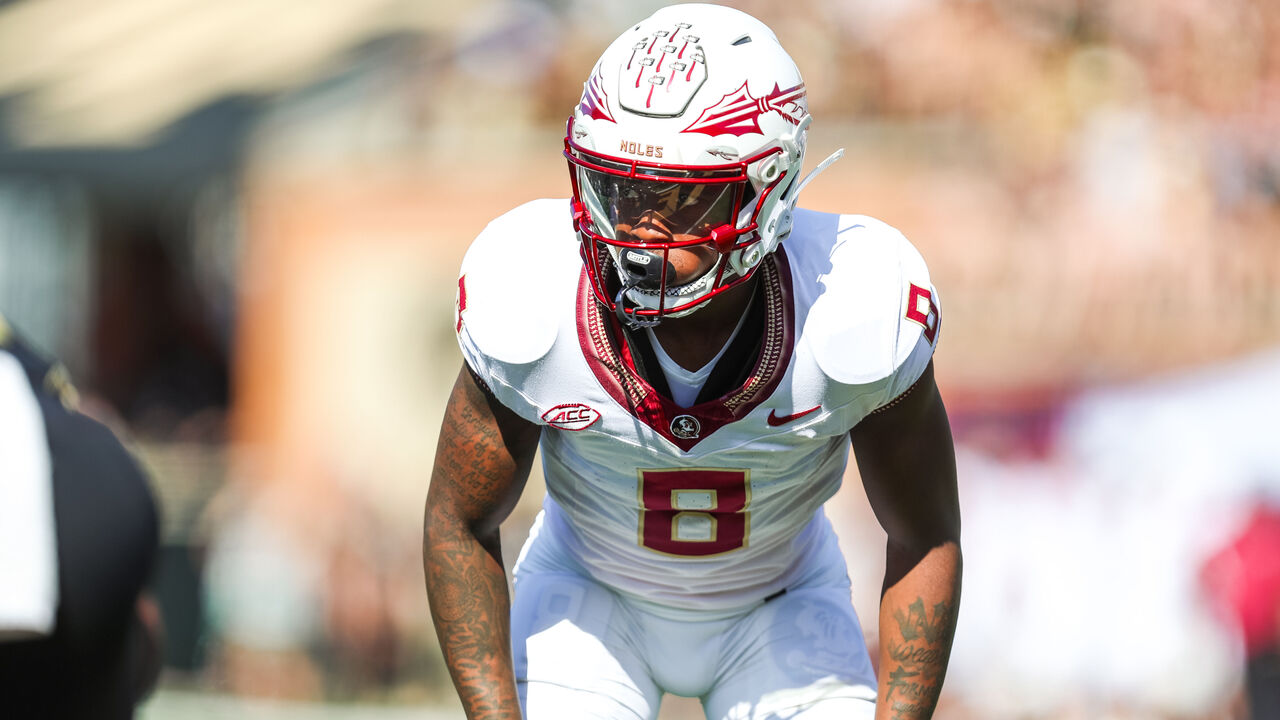
There's a lot to like about Green's game, particularly as a press-man corner. His consistent technique creates pauses and disruptions from the first step in a receiver's route to the ball's arrival. However, Green needs to get better at finding the ball to become a playmaker instead of just a cover man, especially on fade routes and comebacks where he gave up more completions than ideal. His physicality is one of his defining traits, but there's a chance he'll draw extra flags at the next level. Teams should view Green as an eventual starter in a press-man system.
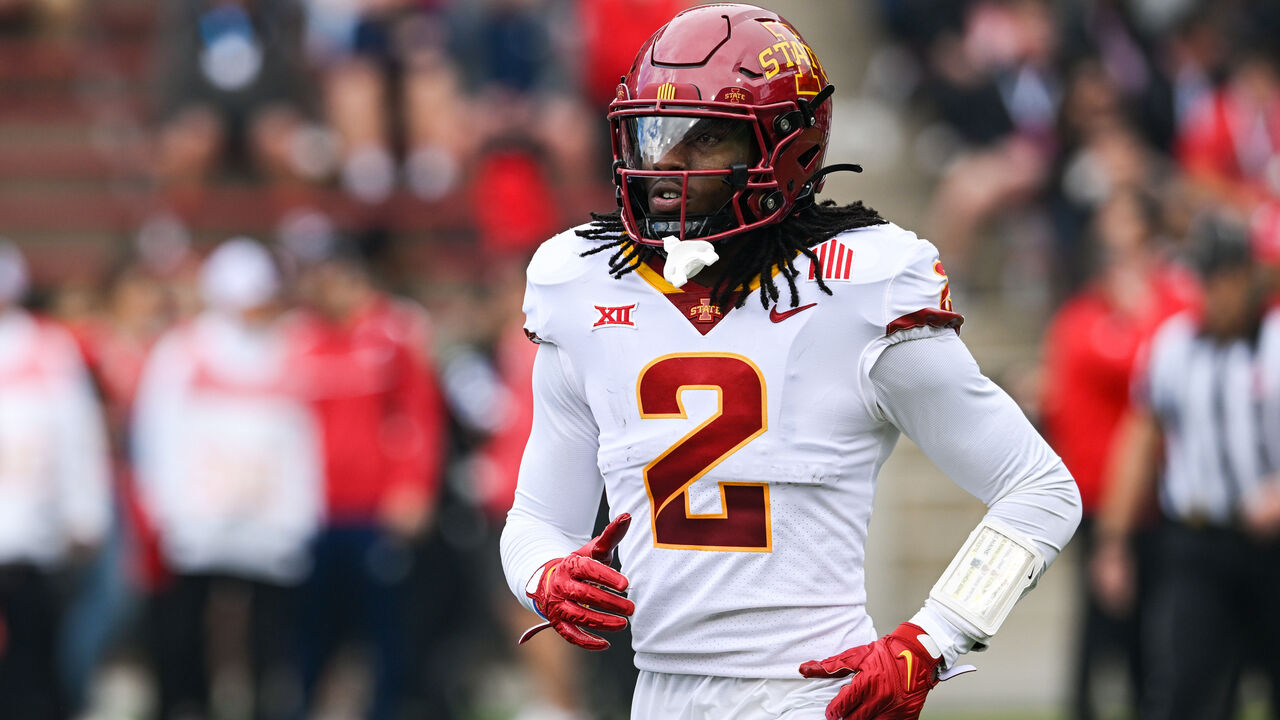
The Iowa State product is a physical corner who plays up to his size on pass and run plays. Tampa's top-end speed looks adequate at best, and his upright style slows him down when turning to carry with receivers. Quicker pass-catchers cause Tampa some extra issues underneath. But his ability to press and chuck at the line of scrimmage with long arms and heavy hands keeps him from being burnt often. Despite needing to play lower, Tampa has good balance, which allows him to keep up with and diagnose combination routes. He should develop into a starter in a zone scheme that lets him leverage his size and physicality.
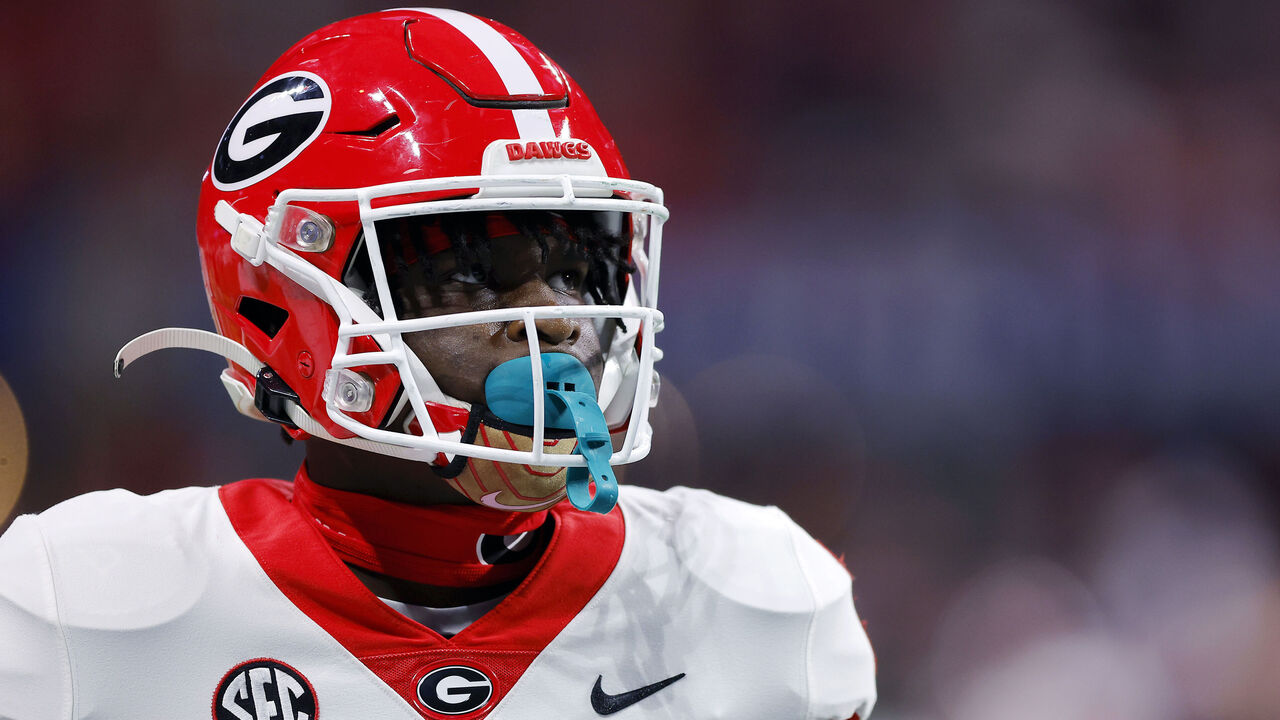
Like many other former Georgia defenders, Lassiter is a smart and productive player. He's highly reactive in zone coverage and exceptionally aggressive at the catch point. The team that picks Lassiter will look to leverage that aggressiveness and turn it into ball production instead of face-guarding or playing his receiver. Lassiter stays in control in the first two levels of the field but can start panicking down the turf instead of trusting his technique. That panic and handsy nature could draw more flags in the NFL than it did in college. Still, there's a lot to like about the 21-year-old's foundation.
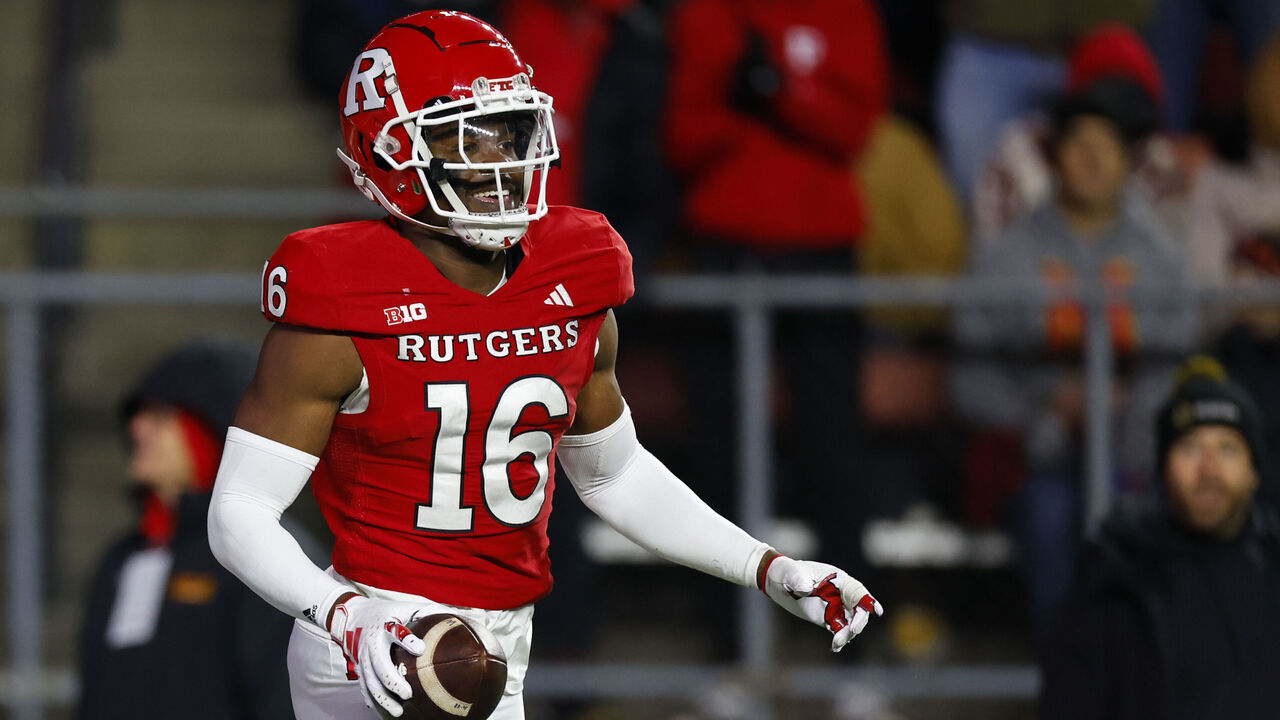
Highlighted by a 40.5-inch vertical and an 11-foot-4 broad jump at the combine, Melton is a great athlete with excellent speed and explosiveness. The former Scarlet Knight could earn snaps in the slot or on the outside, and he plays reasonably well in man and zone. However, he doesn't excel anywhere. Melton's upright play style also costs him efficiency and can lead to slower drives on the ball and hip flips, but coaching should help that. While Melton is willing to help in run support, he could improve his angles of attack. Melton could develop into a starter thanks to his traits and impressive ball production, as evidenced by his eight interceptions over the last three seasons.
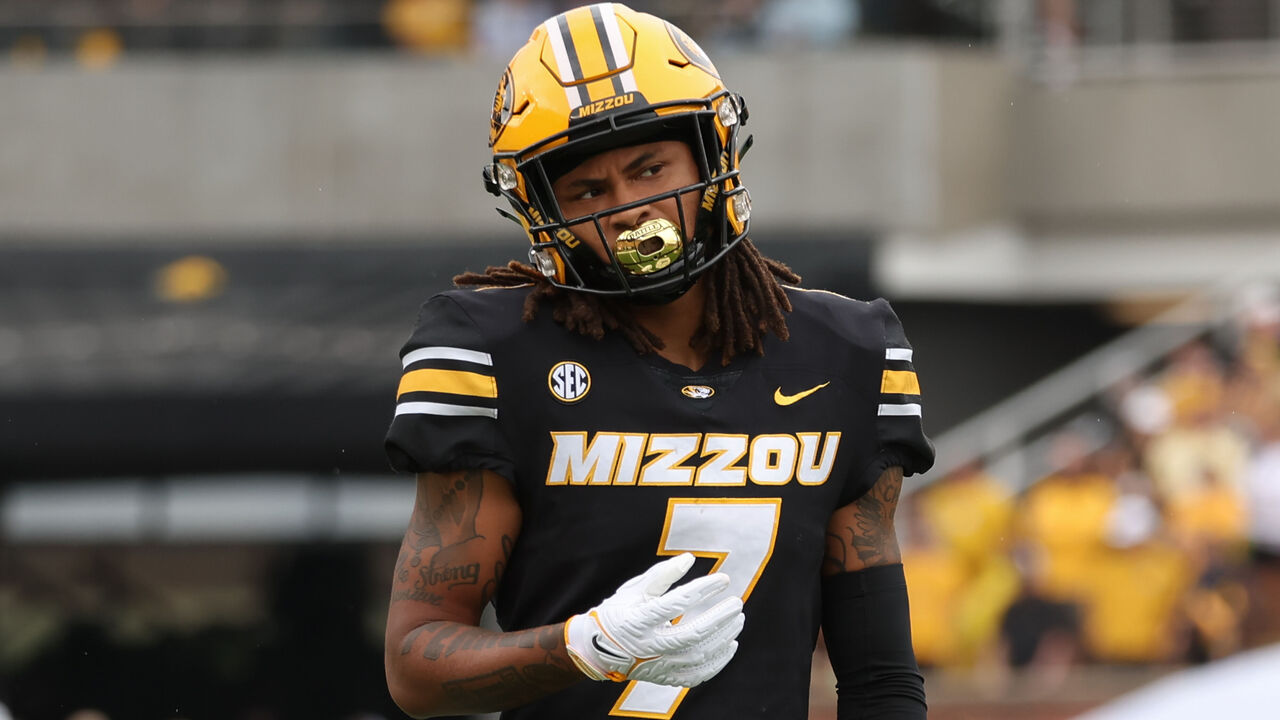
Despite having average measurables, Abrams-Draine has a ton of ball production. He has a good feel in the zone that allows him to break on passes with anticipation. Abrams-Draine's lack of elite size can allow bigger receivers to wall him off at the catch point, but he attacks their arms and is often in a position to prevent a ton of runs after the reception. Abrams-Draine's scheme fit will be important as he's less productive in man coverage. Still, his feel should allow him to earn backup reps early.
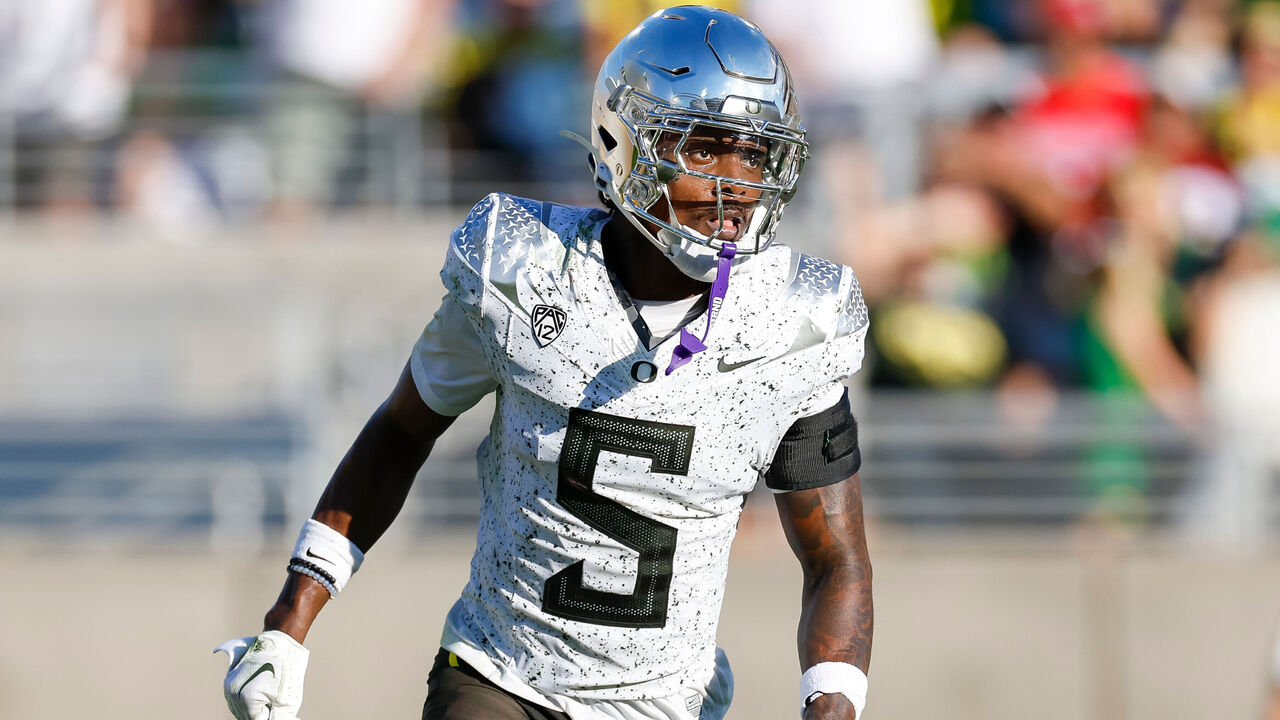
Safety reps could be in Jackson's future thanks to his already top-notch size, tackling ability, and mentality. He's a viable corner when covering in the first two levels. However, his lack of elite speed means he'll need safety help over the top against deep threats. Jackson's hips flip slower than you'd like, exacerbating his lack of speed while highlighting his inexperience against more nuanced route-runners. The tools are there. He just needs time to put it all together.
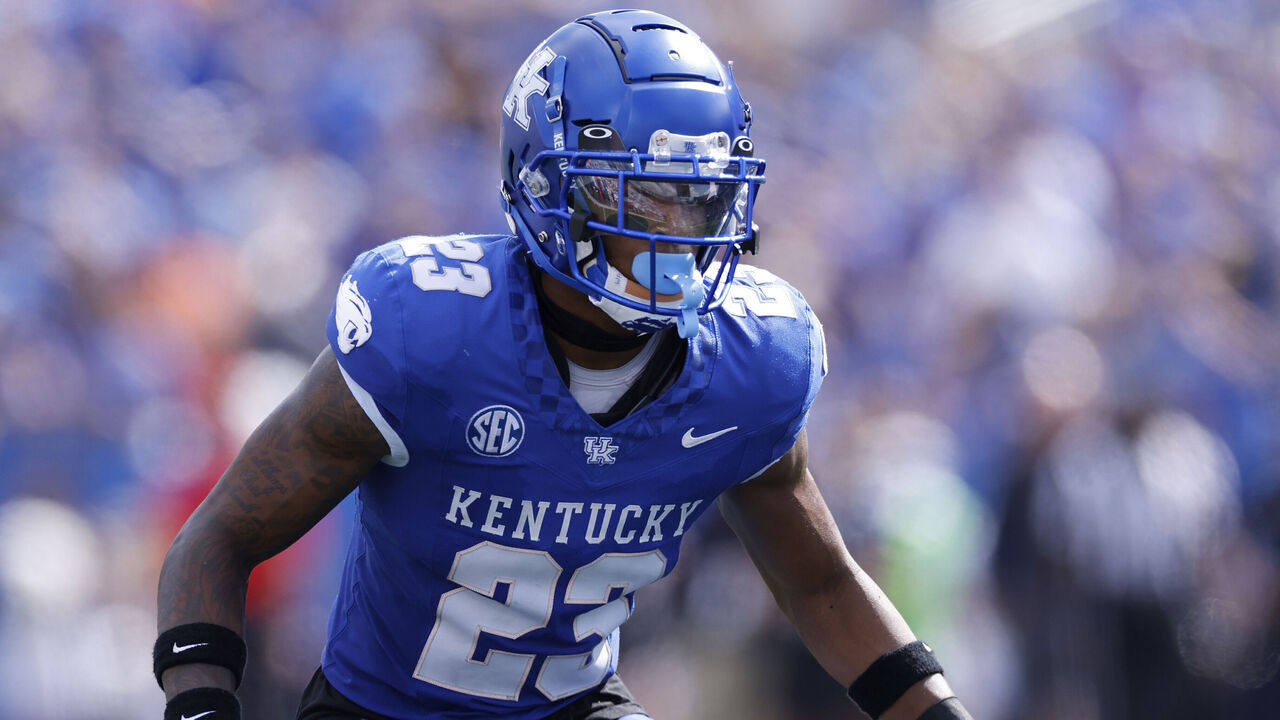
Phillips flashed some intriguing traits despite Kentucky's defense not seeming to highlight his best strengths. He carries deep routes really well, stays low to drive on the ball quickly, and plays a physical brand of football. However, Phillips' subpar anticipation can leave him behind on crossing routes, and his tackling angles often lead to him missing ball carriers. Bigger receivers can also pose problems for him. Phillips will have his best shot at outplaying his ranking if he gets to play closer to the line of scrimmage more often than with the Wildcats.
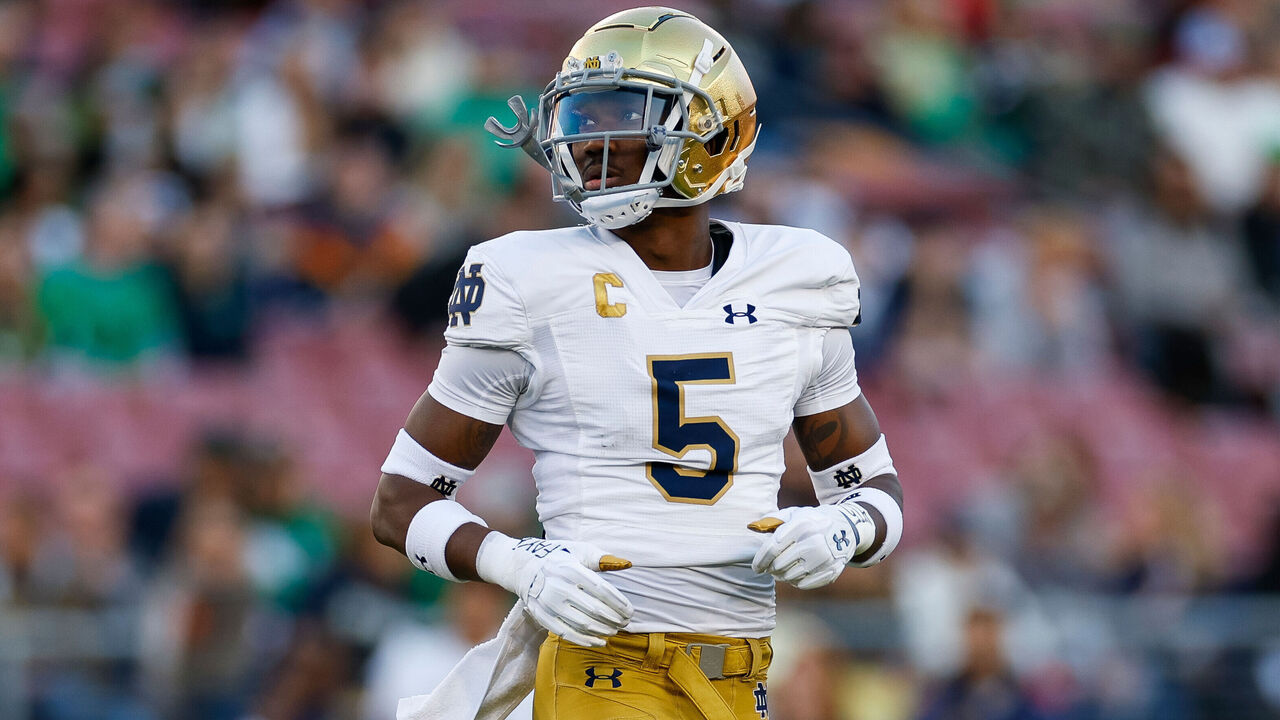
Hart has Pro Bowl traits but needs time to develop his instincts and anticipation so his ball production increases and his technique improves. That slower reaction time can lead to receivers leaving him behind when they get a step on him. Hart's strong in press and uses his long arms to keep pass-catchers at bay and bump them off their paths, but he misses his target occasionally, which costs him some ground. The 23-year-old could turn into a valuable mid- or late-round pick if his instincts develop and he gets better at finding the ball.
Other notable prospects
Caelen Carson, Wake Forest
Nehemiah Pritchett, Auburn
Jarrian Jones, Florida State
Elijah Jones, Boston College
M.J. Devonshire, Pitt